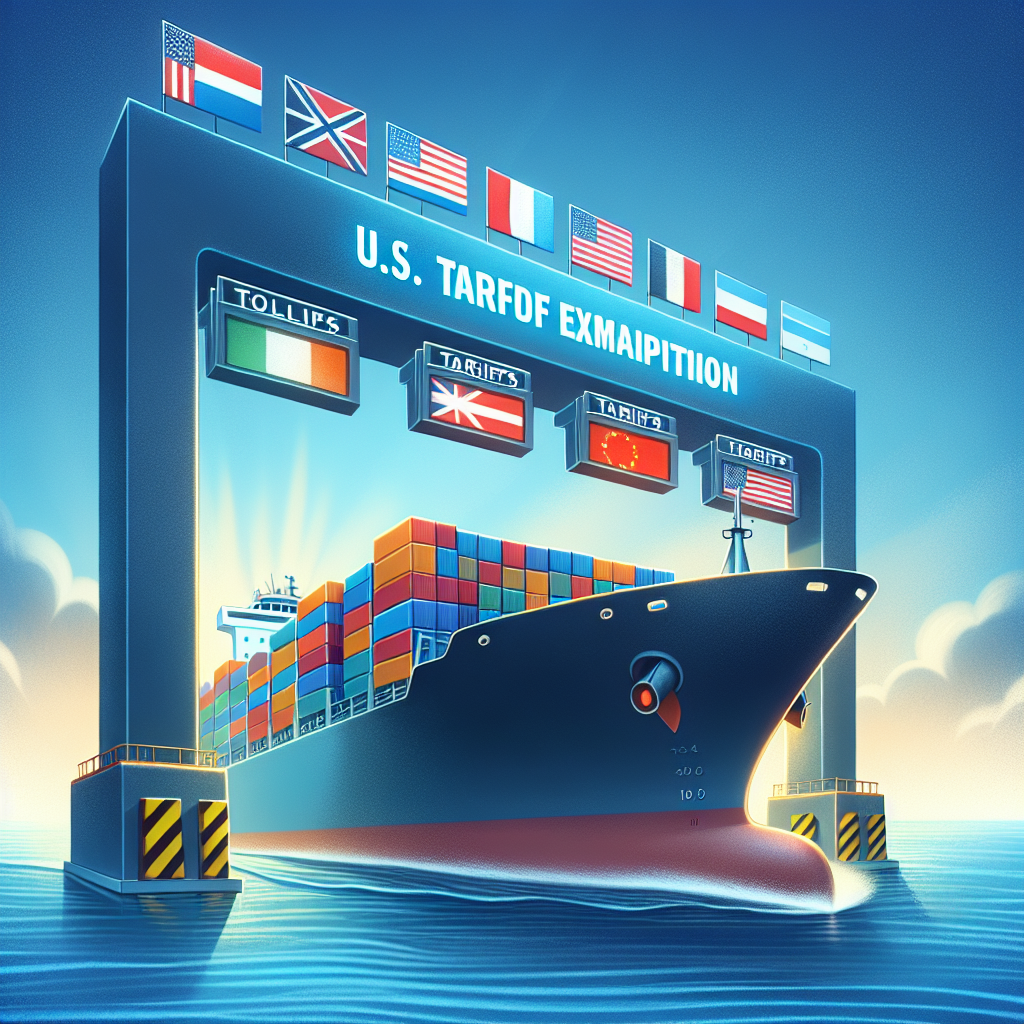U.S. Ends Tariff Exemption: Impact on E-commerce and Small Businesses
The U.S. has discontinued a tariff exemption for package shipments valued under $800, affecting e-commerce companies and small businesses. This decision aims to increase tariff revenue and curb the shipment of prohibited items. Retail analysts predict increased costs and paperwork for low-value imports.

The U.S. recently terminated the tariff exemption for packages valued under $800, impacting e-commerce companies and small businesses reliant on online sales platforms. Previously exempt, these shipments now face duties, a shift set to drive up costs and complicate logistics for many businesses.
The U.S. Customs and Border Protection agency began imposing standard duty rates on global parcel imports, a move that could mean up to $10 billion annually in tariff revenues. This change is part of a broader strategy to curb the influx of narcotics and other banned goods into the country while supporting domestic industries.
Retail analysts anticipate a rise in consumer prices due to increased tariffs on smaller shipments, aligning e-commerce firms' import costs with those of larger retailers like Walmart. While the transition might induce short-term disruptions, authorities remain confident the new system will ultimately stabilize.
(With inputs from agencies.)










